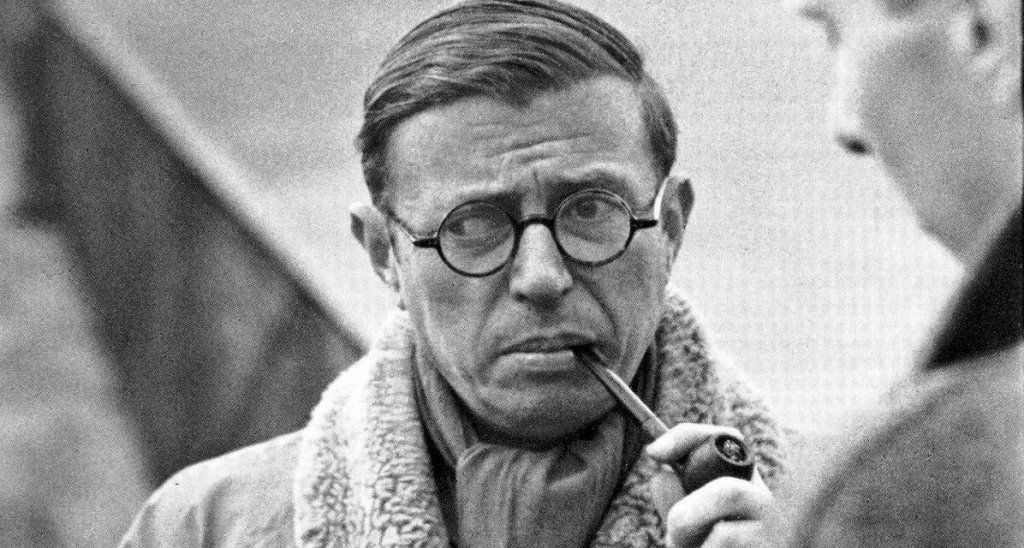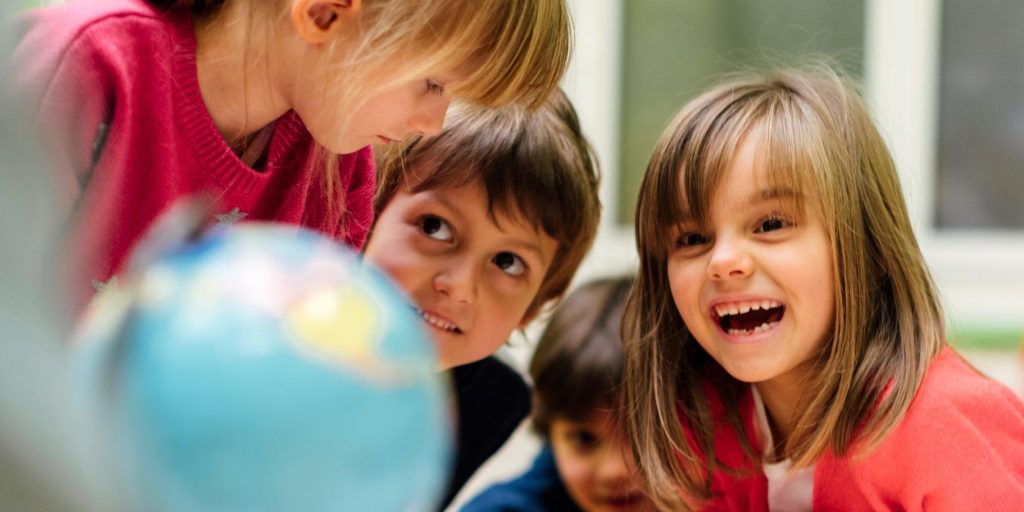07 Aug 2019 | Interviews
The human condition
Jean-Paul Sartre – Existentialism
Teresa – Considering the human condition, peaceful behavior and violent behavior are observed. Can it be argued that there are some humans beings predisposed to good and others to evil?
João Roberto – Let us reflect on the human condition. From the point of view of science, man is simultaneously a child of culture and of biology. It is obvious that human behavior is marked by biological history, by the evolution of life on the planet for thousands and thousands of generations, who were constructing adaptive responses to circumstances. On the other hand, there is the cultural dimension. I often remember that we are, to a large extent, children of culture. Of course, from the biological point of view, there are possible interventions, although this is not the focus of education.
How do you act biologically for the individual to be happier, to change the behavior and the way of feeling and acting in the world? Despite its vertiginous development, science does not have the power to interfere with safety in the human brain to consistently promote happiness when desired. Our area of intervention is in culture and education. Man’s structure of comprehension is heir to his existential repertoire. The psychological state of the mother who gives birth to her child represents a cultural influence. The child, when born, has already received maternal influence. For example, there is research that shows that the taste we develop for food is related to the mother’s diet when pregnant.
The domain of culture over the individual, of course, is much greater after we are born. We enter into a melting pot of culture and we assimilate the taste from our mother, father, family, neighbors, school friends, the movies we see, and all the other media. We go throughout life assimilating the style of that which surrounds us. Not only the marvelous books that we read, for example, but also the many less than healthy influences.
There comes a time when the question arises: – Who am I? What is my nature? Is it me or was I built with such strong and inexorable influences? In fact, the human condition presents us with two significant challenges: to be born for the first time, to leave the comfort of the mother’s womb and be thrown into this melting pot. But there is the larger challenge – to be born for the second time. Most human beings die without having been born for themselves, because they reproduce patterns of family, society, and stereotypes. When can I say it is me who stopped reproducing the models that I read and saw? When do I filter all the influences? When do I have freedom and autonomy? Autonomy and freedom of the individual are born in the mind, when it stops being subject to the imposed models and becomes, by reflection itself, a subject of knowledge. In this sense, my vision is existentialist. According to existentialist philosophy, if it is possible to summarize it in one sentence, I would say that existence precedes essence, i.e., the first builds the second. We cannot talk of the essence of the human being because it is the product of the construction of a history, of a group, or of humanity at any given moment. Therefore, there is no a priori defined nature. Man is neither violent nor peaceful. The definition is in the evolution. It is important to escape from the simplification of the labels.
João Roberto de Araújo is an author of social and emotional education books and founder of 50-50 SEL Solutions.







